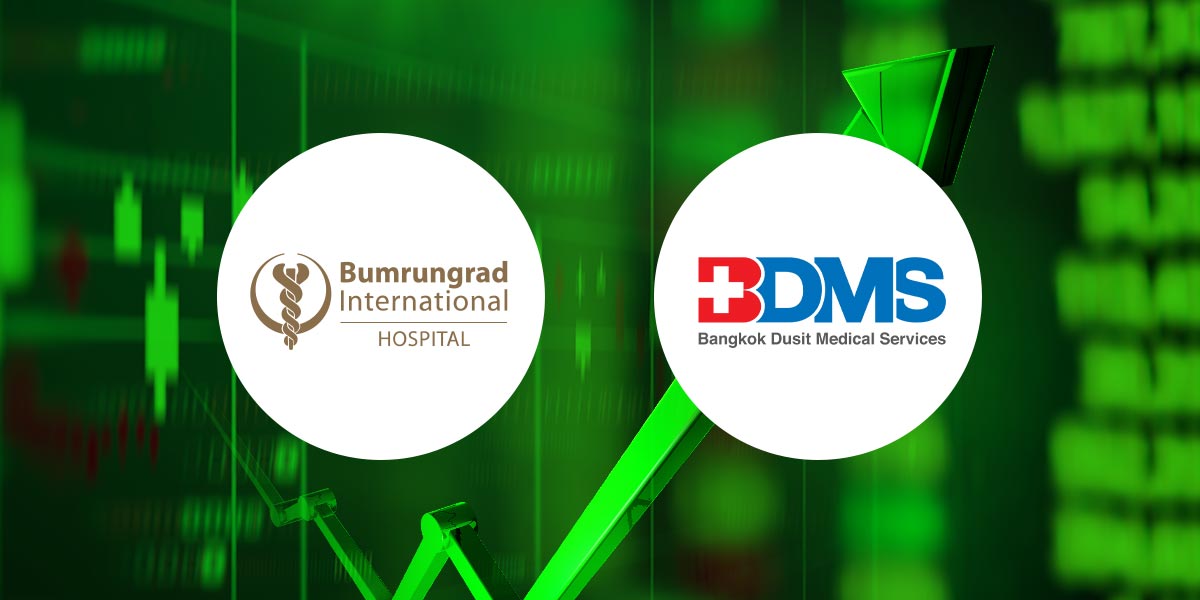According to a fresh assessment from Krungsri Securities, a combination of improved cross-border relations and a resurgence in medical tourism is set to make listed healthcare operators attractive again with a potential to outperform in the next phase.
One of the primary tailwinds is a thaw in relations between Thailand and Cambodia following the installation of a new government, which has eased movement restrictions for patients and is expected to lift cross-border healthcare demand.
The Middle East market, an important source of high-spending patients, has also started to trend upward after several sluggish months. August 2025 data shows a 2.6% year-on-year increase in tourists from the region—the first uptick in three months—bringing numbers closer to pre-pandemic growth rates. Still, the firm warns of ongoing conflicts that may still pose short-term risks.
Krungsri also points to encouraging signs from the lucrative Kuwaiti market. August saw the highest number of Kuwaiti tourist arrivals in three months, and major Thai hospitals are scheduled to participate in a healthcare business fair in Kuwait next week. This initiative is expected to yield new patient agreements within 2025.
On the domestic front, flu outbreaks have driven up hospital visits, further narrowing the year-on-year decline in Thai patient numbers recorded previously.
Despite these positive developments, the valuation of hospital stocks remains subdued. The sector is currently trading at approximately 19 times of forecast 2025 earnings—about one standard deviation below its historical average—signaling potential deep value for investors. Krungsri recommends a focus on hospitals with a sizable share of foreign patients and specific near-term catalysts, particularly Bangkok Dusit Medical Services (BDMS) and Bumrungrad Hospital (BH), with target prices set at THB 33 and THB 200, respectively.





